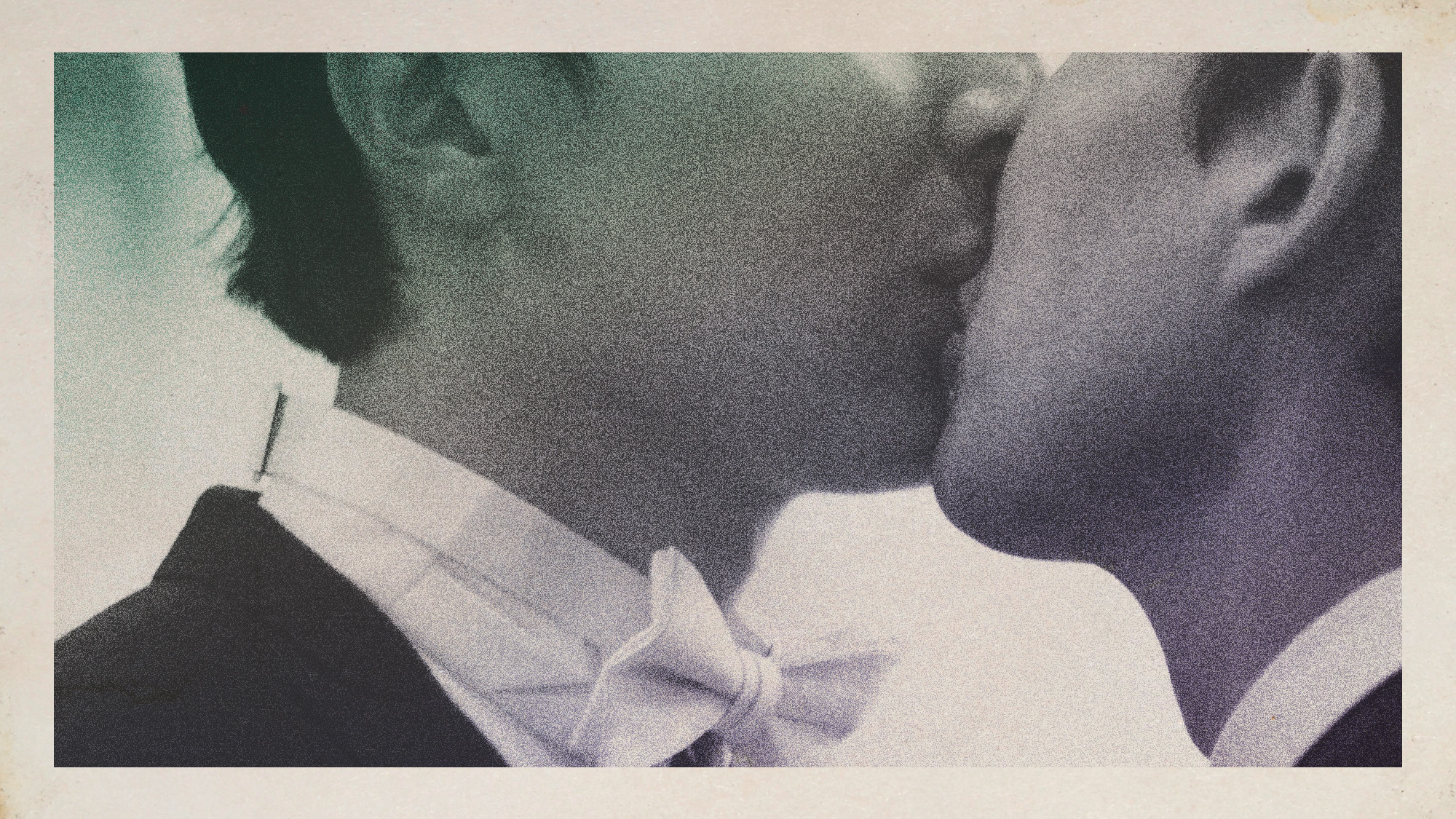The slow fight for same-sex marriage in Asia
Thailand joins Nepal and Taiwan as the only Asian nations to legalise LGBT unions, amid repressive regimes and religious traditions

A free daily email with the biggest news stories of the day – and the best features from TheWeek.com
You are now subscribed
Your newsletter sign-up was successful
"It has been a long fight full of tears for us." So said Ann "Waaddao" Chumaporn, the organiser of Bangkok Pride March, after Thailand finally began recognising same-sex marriages last week.
But while "hundreds of couples" celebrate the enactment of the bill by tying the knot, others are asking "the same question" that was heard "throughout the long campaign to get the equal marriage law passed", reported the BBC. "Why Thailand? Why nowhere else, aside from Taiwan and Nepal, in Asia?"
An outlier in the region
For all that Thailand is "famously open to and accepting of" LGBT people, equal rights for same-sex couples still required "a determined campaign to change attitudes", said the broadcaster's Southeast Asia correspondent Jonathan Head. And Thailand, along with Taiwan and Nepal, is "an outlier" in Asia for having legalised same-sex marriage. "Few other countries in the region are likely to follow suit."
The Week
Escape your echo chamber. Get the facts behind the news, plus analysis from multiple perspectives.

Sign up for The Week's Free Newsletters
From our morning news briefing to a weekly Good News Newsletter, get the best of The Week delivered directly to your inbox.
From our morning news briefing to a weekly Good News Newsletter, get the best of The Week delivered directly to your inbox.
Thailand was "already a magnet" for LGBT tourists, said The Times – particularly from far more "restrictive" areas in Asia. In predominantly Muslim countries like Indonesia and Malaysia, LGBT people face "overt discrimination at best and often criminal punishment". In Brunei, the penalty for sex between men is technically death by stoning.
In China, homosexuality is by rights legal but the government has banned same-sex couples and "effeminate men" from television. Although the Philippines has "a large and visible LGBT community", the powerful Roman Catholic church means there is "no apparent prospect of marriage equality". Singapore may have repealed the British colonial-era law criminalising homosexuality in 2022, but it simultaneously changed the constitution to define marriage as heterosexual.
Some Asian commentators have characterised homosexuality as "a Western behaviour, superimposed upon Eastern cultures as a decadent, neo-colonial side effect of globalisation", said Time. But that is "gloriously false" when you look at the history. It was "contact with the West", particularly Christian missionaries and British colonial rule, that "steadily chipped away" at Asia's historic "permissiveness" towards same-sex relationships.
The turning tide
In "largely conservative" southeast Asia, advocating for LGBT rights "can be an uphill battle", said the South China Morning Post. But activists say "people are more willing to come out, talk about and campaign for LGBT issues and rights".
A free daily email with the biggest news stories of the day – and the best features from TheWeek.com
The shift "began about a decade ago but has accelerated in the past five years". There are various suggestions as to why, including the popularity of K-pop, digital platforms connecting communities and an increasing number of straight people showing support.
Thailand's so-called "Boy Love" dramas, which depict affairs between beautiful young men, have also become enormously popular and are now a major export. The way LGBT characters are portrayed on TV dramas has made a huge difference to shifting attitudes, according to Tinnaphop Sinsomboonthong, an assistant professor at Thammasat University. "Nowadays they represent us as normal characters, like you see in real life," he told the BBC. "This really helped change perceptions and values in all generations."
Harriet Marsden is a senior staff writer and podcast panellist for The Week, covering world news and writing the weekly Global Digest newsletter. Before joining the site in 2023, she was a freelance journalist for seven years, working for The Guardian, The Times and The Independent among others, and regularly appearing on radio shows. In 2021, she was awarded the “journalist-at-large” fellowship by the Local Trust charity, and spent a year travelling independently to some of England’s most deprived areas to write about community activism. She has a master’s in international journalism from City University, and has also worked in Bolivia, Colombia and Spain.